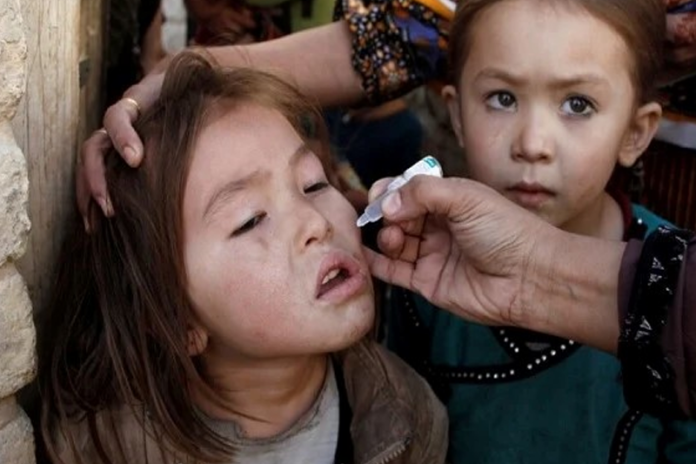GRATITUDE

- 277
- 0
The word gratitude is derived from the Latin word gratia, which means grace, graciousness, or gratefulness. The word gratitude encompasses all of these meanings. Gratitude is a feeling of appreciation or thanks. It is defined as “a sense of thankfulness and joy in response to receiving a gift, whether the gift is a tangible benefit from a specific other or a moment of peaceful bliss evoked by natural beauty”. With gratitude, people acknowledge the goodness in their lives.
During difficult times, it’s easy to feel frustrated or drained by life. Negative feelings and thoughts can creep in, which can make it difficult to see the positive things in life. However, one simple practice of gratitude can help to eliminate these feelings.
Gratitude is the greatest gift to humanity. It encourages the formation of stronger relationships, closer social bonds and improved psychological well-being. It is also associated with increased motivation to express kindness, as well as improved health outcomes from better sleep patterns to lower blood pressure. It’s not all unicorns and rainbows though, recent studies have shown that it can be difficult to increase gratitude levels in adults and even in children and adolescents.
Gratitude is both a state and a trait (Jans-Beken et al., 2020). Better explained, one can experience gratitude for someone or something at a certain moment in time, and someone experience gratitude more long-term as a positive character trait.
According to Dr. Robert Emmons, the feeling of gratitude involves two stages (Emmons & McCullough, 2003):
First comes the acknowledgment of goodness in one’s life. In a state of gratitude, we say yes to life. We affirm that, all in all, life is good and has elements that make it worth living. The acknowledgment that we have received something gratifies us, both by its presence and by the effort the giver put into choosing it.
Second, gratitude is recognizing that sources of this goodness lie outside the self. One can be grateful to our creator, other people, animals, and the world, but not to oneself. At this stage, we recognize the goodness in our lives and who to thank for it.
The two stages of gratitude comprise the recognition of the goodness in our lives and then how this goodness came to us. Through this process, we recognize the fortune of everything that improves our lives and ourselves.
Feeling grateful reminds people of a joyous event, and expressing gratitude to others often strengthens relationships. Gratitude helps people feel more positive emotions, relish good experiences, improve their health, deal with adversity, and build strong relationships. When we are grateful for others, we do not compare ourselves with others based on their financial situation or other factors, we simply appreciate their achievements. Thus, it helps in elevating the feeling of comparison, jealousy and hate. Being grateful also helps people connect to something larger than themselves as individuals - whether to other people, nature, or supreme power.
Express Gratitude
Expressing gratitude is more than courtesy, manners, or being polite. It’s about showing your heartfelt appreciation. When you thank someone, you’re also practicing the first two gratitude skills: you’ve noticed something good, and you’ve genuinely appreciated it.
* SHOW A LITTLE ENTHUSIASM:
There’s nothing wrong with a little hyperbole. If you want to communicate how much your friend or relative made an impact, expressing gratitude with extra enthusiasm can emphasize the extent of your thanks. Phrases like “You made my day!” or “You saved my life!” are more potent than simply saying thank you.
* BE RESPECTFUL:
Maintain standards of etiquette in your day-to-day interactions with strangers. Just because you don’t know them, it doesn’t mean you should withhold the common courtesy you expect yourself. Hold the door open, respect their space, and be mindful of how your actions impact them.
Tell the people in your life how you feel, what they mean to you:
You don’t have to be mushy or over-the-top. We all have our own style. But if you say what you feel in the right tone at the right moment, even a simple, “Mom, good dinner. Thanks!” means a lot.
* GIVE THEM EXTRA ENCOURAGEMENT:
While encouragement is usually associated with helping someone believe in themselves or grow their confidence, it can also take the form of affirmation. After your neighbor has surprised you by trimming the bush that separates your yards, tell them what a great job they did. Encouragement can also include phrases like “Way to go!” or “Awesome work!” Another way to show encouragement? Tell them that they encourage you, or give them a compliment!
* RANDOM ACTS OF KINDNESS:
Random acts of kindness can yield substantial reward in terms of subjective wellbeing (Rowland & Curry, 2019). If you see a stranger struggling under a heavy load of shopping, offer a hand. Donate unwanted clothes to charity. Help someone lost with directions. The list is nigh inexhaustible!
Published in The Daily National Courier, February, 18 2023
Like Business on Facebook, follow @DailyNCourier on Twitter to stay informed and join in the conversation.

















































